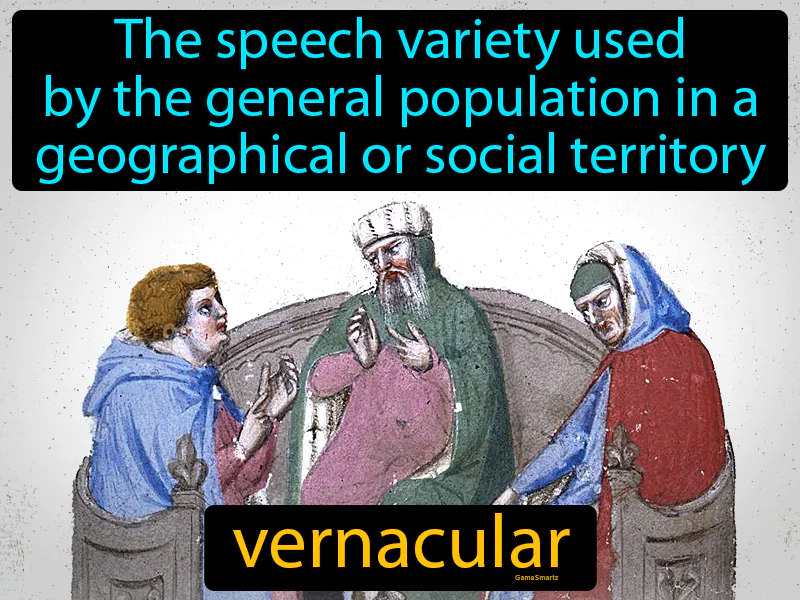Vernacular
Vernacular:
During the High and Late Middle Ages, vernacular languages began to flourish as people started writing literature and conducting business in their local languages, rather than Latin, which was used by the educated elite and the Church. This shift was important because it allowed more people to access written works and ideas, bridging the gap between the educated classes and the general population. The rise of vernacular languages responded to the need for more inclusive communication and cultural expression. Today, vernacular language remains crucial as it reflects our identity and culture, allowing people to connect and share experiences in a familiar way. For example, using regional slang or dialects in social media posts helps people express themselves authentically and fosters a sense of community among speakers.

Practice Version

Vernacular: The speech variety used by the general population in a geographical or social territory. Vernacular. In history, vernacular refers to the everyday language spoken by ordinary people in a specific region or community.
